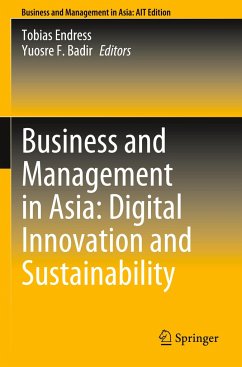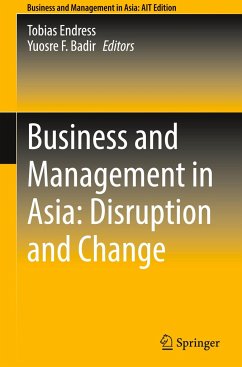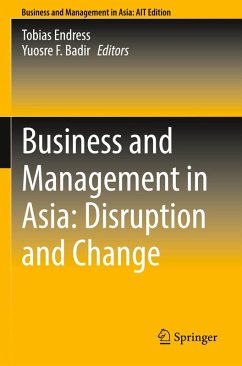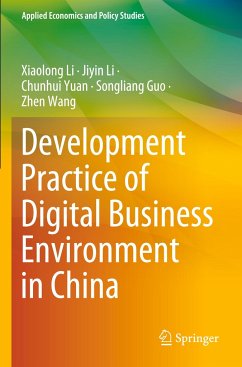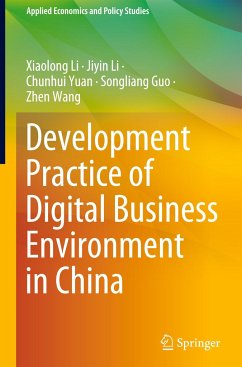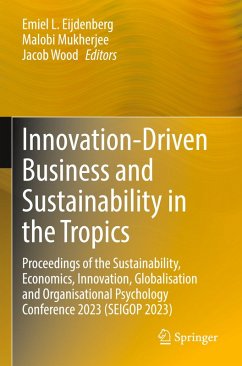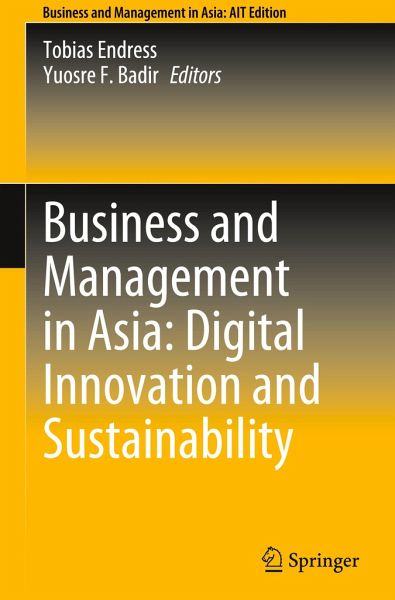
Business and Management in Asia: Digital Innovation and Sustainability

PAYBACK Punkte
61 °P sammeln!
This book focuses on digital innovation and sustainability in the Asian region in the context of business and management. Managers and policy makers rely on digital technologies to face the region's sustainability challenges and solve sustainability problems. From business perspective, sustainability is defined as the adoption of business strategies, activities, and operations that meet the needs of the firm and its stakeholder today while protecting, sustaining, and enhancing the human and natural resources that will be needed in the future. Digital innovation refers to the application of dig...
This book focuses on digital innovation and sustainability in the Asian region in the context of business and management. Managers and policy makers rely on digital technologies to face the region's sustainability challenges and solve sustainability problems. From business perspective, sustainability is defined as the adoption of business strategies, activities, and operations that meet the needs of the firm and its stakeholder today while protecting, sustaining, and enhancing the human and natural resources that will be needed in the future. Digital innovation refers to the application of digital technologies to existing business problems as well as the development of the firm's strategy, culture, and human resources talent to deal and use digital technologies to solve sustainability issues. There is a consensus among scholars and practitioners that organizations need digital innovation to stay competitive. Businesses that are digital innovators consider new ways to solve old and new sustainability problems facing the Asian region. This book, with its practical examples, gives the reader impulses for new Asian's approaches and encourages the readers to dare to think and act in new ways.
This book is the first annual compilation of innovative ideas and valuable managerial solutions produced by the region's managers and decision-makers who think and act creatively, helmed by Tobias Endress and Yuosre F. Badir from the School of Management at the Asian Institute of Technology.
This book is the first annual compilation of innovative ideas and valuable managerial solutions produced by the region's managers and decision-makers who think and act creatively, helmed by Tobias Endress and Yuosre F. Badir from the School of Management at the Asian Institute of Technology.





